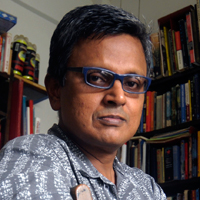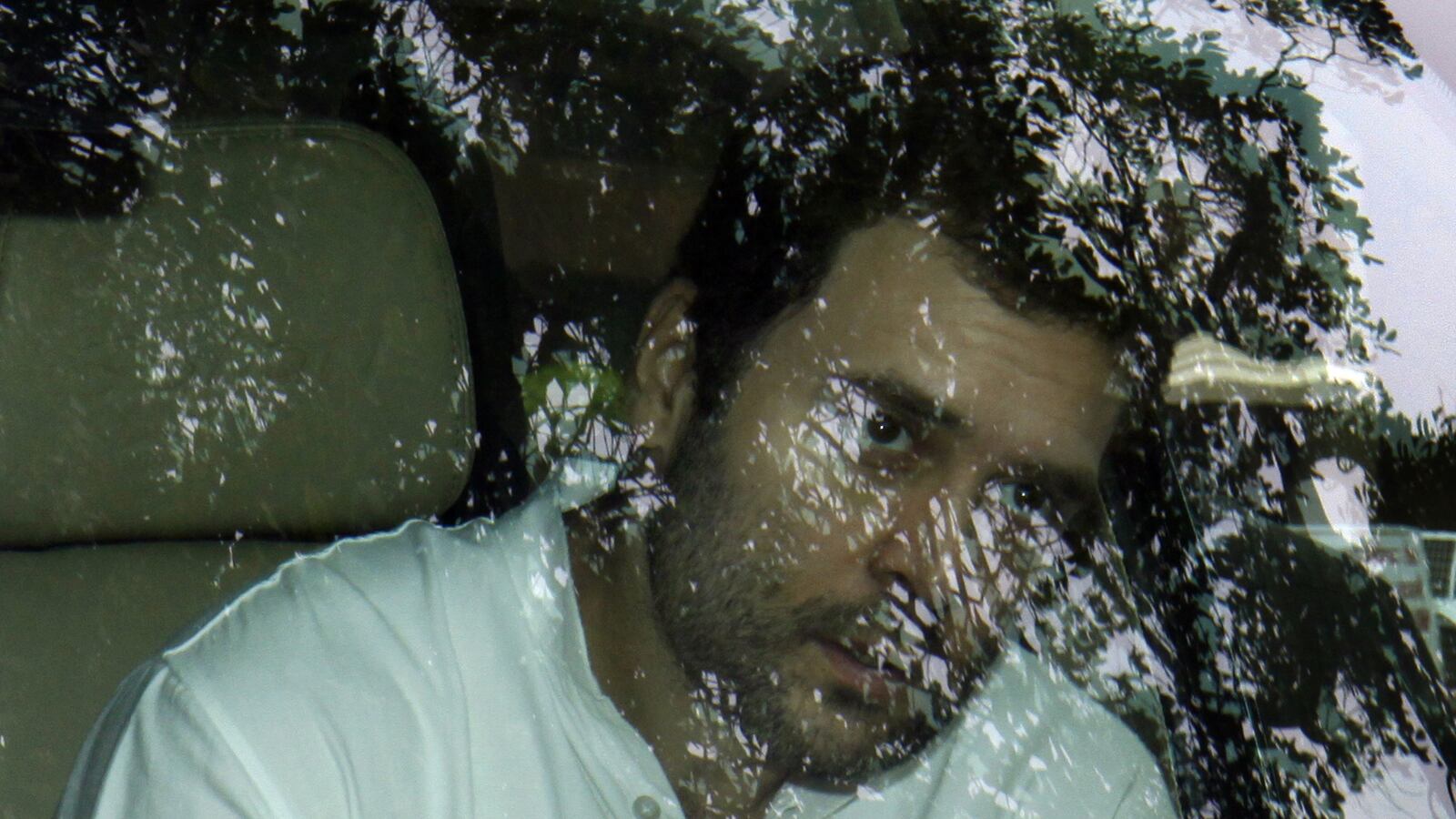Dec. 29, 2012: the day the Delhi gang-rape victim died, nearly two weeks after she was attacked. The same day, too, that Rahul Gandhi "broke his silence on the ghastly incident": "My heart goes out … We as a nation must reflect … deep-felt condolences … thoughts and prayers with the family."

Nothing wrong with those words. But consider that those two weeks had seen a groundswell of public outrage building and eventually exploding on Delhi's streets, an upsurge that had echoes all over the country and would cascade into the New Year. There was frustration at the failure of police to make our streets safe for women, resentment of public attitudes that make such crimes conceivable, anger at the working of justice that makes punishment for rape a shamefully rare event, and much more.
Into this maelstrom of sorrow and rage stepped Rahul Gandhi. With two weeks to think about how to react, he had found a treasure trove of platitudes. Given a chance to meet his fellow citizens, to listen to and understand their fears, he spurned it for a prepared statement filled with high-sounding but meaningless sentiment.
When a nation feels, viscerally, the iron rod that was used to brutalize the woman, when we are nearly consumed with apoplexy at this horrific assault, what use are "reflection" and "prayers"?
If there's a surer sign of how detached Gandhi now is from his raison d’être, Indian politics, I don't know what it is.
Yet it wasn't always so. In February 2010, Rahul Gandhi made a trip to Mumbai. He bought tickets at a railway station and boarded a commuter train for a ride across the city. At Dadar, the city's busiest station, he walked over the bridge to switch to another train. There's some famous footage of this journey. Even with the accompanying security and press, you see Gandhi waiting on a crowded platform, boarding the train when it comes in, holding onto an overhead support, shaking hands with other commuters, and even making a phone call.
For that hour or so, if you took away the handshakes and security, Gandhi was much like every other rail commuter in this great city. Consider what a remarkable statement that is. Consider what a rarity it is to see an Indian leader up close like that. It said something about the man.
And so news reports of the event were filled with words like "shock" and "awe," with political opponents left "fuming," with young girls who "went ecstatic meeting Gandhi." Such were the emotions he triggered among this city's usually phlegmatic residents. To my knowledge, no major Indian politician has ever done something like this.
Symbolism, of course, is everything in politics. That train ride was a powerful symbol from Rahul Gandhi. Mingling with ordinary Indians, doing what they must do every day, he signaled an empathy with us. In the cesspool of cynicism that is Indian politics, we thought his train ride struck a blow instead for a degree of idealism.
We thought. That was three years ago; how things have changed. Last December, Gandhi only needed to emerge from his Delhi cocoon to meet the seething, outraged crowds. To sit with them. To listen to them. It's all they really wanted. They were not naïve enough to expect solutions immediately, and certainly not from him. But they were naïve enough to expect to be heard, especially by this heir to a family legacy that stretches deep into the history of our freedom struggle. They were naïve enough to yearn for the mere symbolism of meeting him.
Instead, the politician who once braved a crowded Mumbai train hunkered down at home. Was he frightened? Annoyed? Busy? Lazy? Indifferent? Whatever. In the end, he managed to prove he was just the same as every other politician who came up with their own empty platitudes. As his mother proved, too. All her political life, Sonia Gandhi has struggled to shrug off accusations—justified or otherwise—of coolness, aloofness, Italian-ness, rule by dynasty, and corruption. Last month, this most powerful woman in the land could have used the anger over the Delhi rape to debunk what people say about her, to build a real relationship with her fellow citizens. Yet she too chose to hunker down.
Is it unrealistic to hold son and mother Gandhi to higher political standards? Not at all. After all, they owe their careers to that family legacy. They have ridden the aura of their Nehru/Gandhi heritage, not forgetting the overweening sycophancy it generates in their Congress party, to lives of power and privilege. (One sign of that: Rahul's brother-in-law, Robert Vadra, is the only Indian who appears by name on lists of people exempt from airport security checks, solely by having married into this family). If India gives them these things, India expects from them in return a degree of commitment and substance.
And after all, Rahul Gandhi's great-grandfather, Jawaharlal Nehru, had those qualities in spades. Growing up, we all heard about how Nehru, as prime minister in 1948, waded into the middle of a riot and got the rioters to cease and desist.
The symbolism, again. Of course nobody thought this, by itself, would be sufficient to address long-running tensions that erupt in riots. (Sure enough, India's history since 1948 is dotted with outbreaks of rioting.) Of course nobody thought Barack Obama's trip to Newtown, by itself, would be sufficient to address the conundrum of gun use in the U.S. (Sure enough, there have been shootings since.)
But symbolism matters.
In Nehru's case, it spoke of the courage of the man. At least some of those thugs, I like to imagine, were stunned: "The prime minister! He's right here! He's asking us to stop! We'd better behave ourselves!"
Today, in a time of great national distress, Nehru's descendant cannot find the fiber to meet his people. And yet some speak of him as a future prime minister. Oh what a fall was this, my countrymen!






